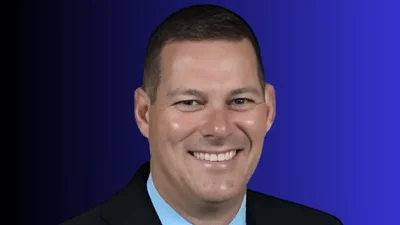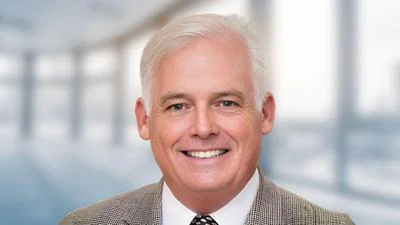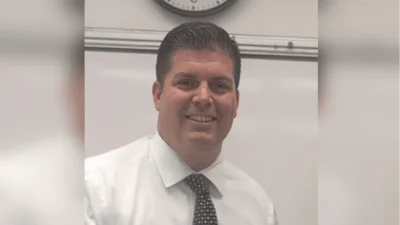Rep. David McSweeney (R-Barrington Hills)
Rep. David McSweeney (R-Barrington Hills)
The state's recently adopted evidence-based school funding formula is not the answer so many legislators claim it to be, according to Rep. David McSweeney (R-Barrington Hills), who argues that it's going to push the state deeper in debt.
Gov. Bruce Rauner signed Senate Bill 1947 into law Aug. 31, two days after the Senate followed the House's lead in passing it. The measure contains an amendment that replaces the state's former funding model with one based on what a school district is determined to need.
The bill was highly contentious, even failing when first voted on by the House. McSweeney opposed the bill for fiscal reasons.
“My concern is that we are going to adopt a generation change in the way that we appropriate and allocate money," he said. “We know that this will cost – to meet adequacy standards – about $7.5 billion over the next 10 years. I don’t know where we are going to get the money.”
SB1947, a 500-page product of bipartisan compromise, will ideally provide funding to schools across the state fairly and equitably, changing the formula for the first time in 20 years. Under its hold-harmless provision, schools will receive at least the same amount of money as they have received the prior year. Chicago Public Schools (CPS) will also receive roughly $450 million more than expected from previous education funding proposals. The bill also includes a provision to give $75 million in tax credits to donors to scholarships that allow students to attend the school of their choice.
“I support the scholarship grant, but that is going to cost $75 million a year," McSweeney said. "That’s $750 million over 10 years. So I would prefer we actually cut spending to pay for that. I don’t know where this money is going to come from.”
McSweeney also contends that the bill has no provisions to ensure that the money is going where it is most needed: to students.
“This does nothing overall to ensure – under the new formula – that money is spent on the new classrooms,” he said. “It does nothing to reduce administrative expenses. It doesn’t even require a consolidation study by school district, and the most important part of it, it does not require a cut in property taxes.”
McSweeney described SB1947 as a Chicago bailout that allocates money to paying off CPS’ pensions and administrative costs without cutting spending or property taxes.
“So, while I applaud the work of many, I stand for the taxpayers today and say we cannot afford $7.5 billion,” McSweeney said. “We cannot afford more property taxes.”






 Alerts Sign-up
Alerts Sign-up